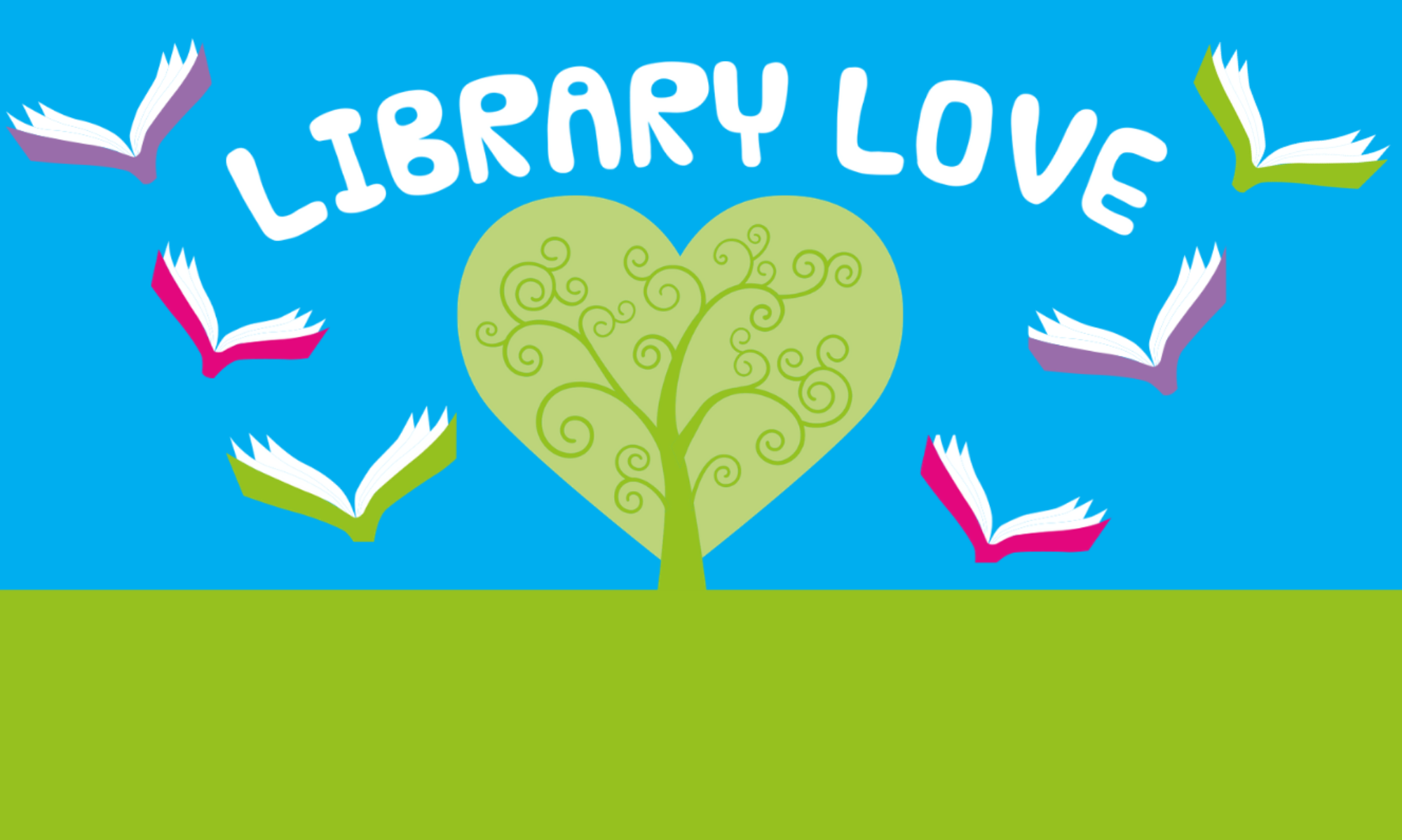Love Letters by Stephanie Cameron
The old man walks through his door. Hanging up his coat and hat, leaving his shoes on, he goes over to the desk not too far away from him. Sitting down and placing a piece of paper in front of him, he picks up a nice looking fountain pen, one his dad gave him, and starts writing.
“My dearest, Eliza
“Yes I remember that quite well, I still can’t believe we managed to ruin my mother’s flower beds! Of all the places you could of swerved into, you somehow were able to run over my mother’s marigolds and daffodils. Of course it was my own fault for letting you behind the wheel of my dad’s car. Such troublemakers we were!
“Of course we weren’t always like that though. Do you remember? We use to have picnics down in the football field. I’d bring a pitcher of your favourite lemon and herbal tea, while you’d bring my second favourite sandwiches, mature cheddar and Swiss on whole-wheat bread. We would just talk and laugh the afternoon away. You’d have that old record player your dad got you for your sweet sixteen playing. And we’d dance anytime one of our songs came on, and even the rain couldn’t stop us! We’d dance and dance until you kicked off your heels, then you would try race me up and down the football field. I’d always win of course!
“I hope this letter finds you well,
“Yours forever, Arnold.”
He puts the pen down, and grabs one of the envelopes from the pile to his left. Folding the letter neatly, he slides it carefully into the envelope. Writing ‘Eliza’ at the front, and sealing it shut, he carefully but firmly holds the envelope in his hand, and walks out the door again.
Walking down the familiar street, he waves at all the familiar faces, just as old as him. While he could take the bus to his destination, and it would be quicker, he prefers not to. The bus is always so crowded, and full of sweaty people, and he just didn’t like the bus. Besides, he wants to look his best for when he reaches his stop.
Turning the corner, he sees the familiar play park,, filled with children playing, some of which being scolded by their mothers. He smiles, remembering fondly about how his mother use to scold him like that. She was just looking out for him after all. Finally, he reaches his destination.
Walking into the familiar place, he sits down on the ground, placing the envelope neatly in front of the tombstone, along with all the others.
“I hope this letter finds you well, my dear,” he says.
“I love you.”
